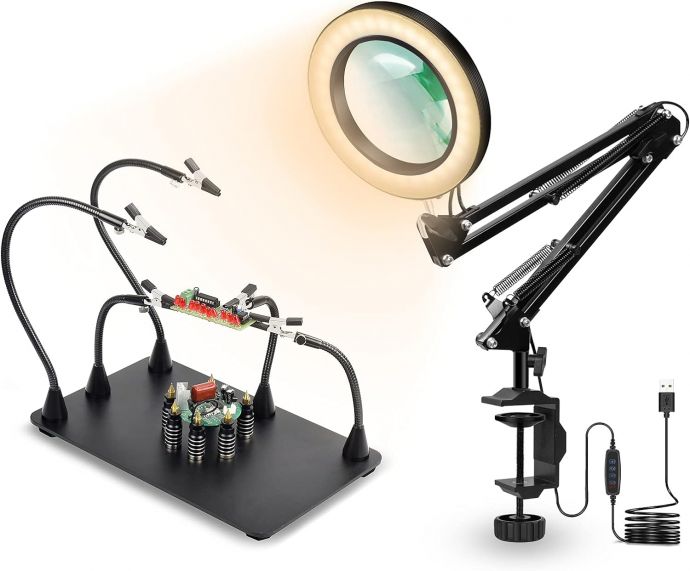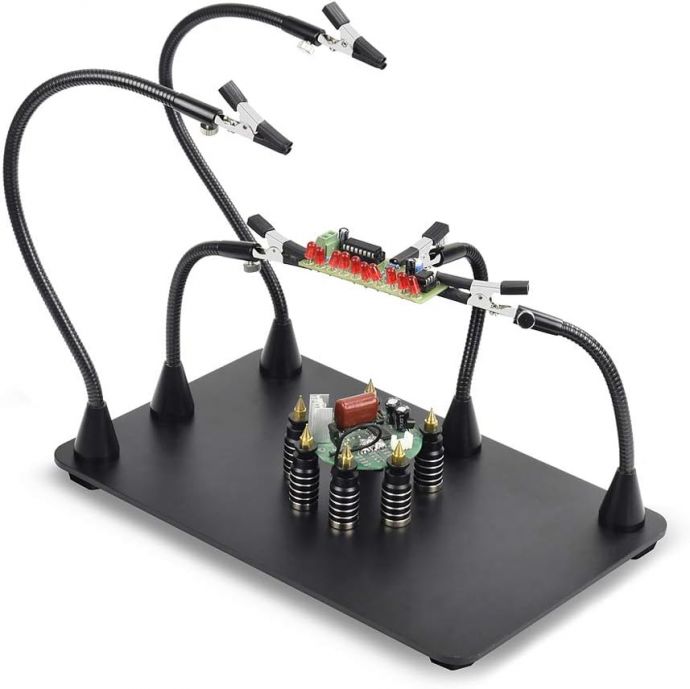Precision is a term that carries a unique weight across various fields, from engineering and manufacturing to data science and healthcare. In every context, precision entails a meticulous and accurate approach that minimizes errors and maximizes efficiency. The significance of precision becomes evident when we consider the ramifications of imprecision: defective products, flawed data analyses, and even critical medical mistakes. This article aims to delve into the diverse applications of precision and how its unleashing can revolutionize industries, improve outcomes, and foster innovation.
In engineering and manufacturing, precision is paramount. Modern production lines leverage advanced technologies like Computer Numerical Control (CNC) machining and additive manufacturing to produce components with tight tolerances. These advancements are driven by the need for uniformity, reliability, and performance. For instance, in the aerospace industry, even the slightest deviation in component dimensions can lead to catastrophic failures. Here, precision is not just a desirable attribute but a safety imperative. Implementing precision engineering principles ensures that every fabricated part meets exact specifications, reducing waste, enhancing performance, and guaranteeing that products can withstand rigorous environments.

Next, let’s consider the realm of data science. In an age where data is heralded as the new oil, the precision of data collection, processing, and analysis is critical. Data scientists use precise algorithms to interpret complex datasets, generating insights that drive strategic decisions across businesses, healthcare, and public policy. When data is precise, models become more accurate, predictions more reliable, and strategies more effective. However, achieving precision in data science is a multifaceted challenge. It involves accurate data collection, meticulous cleaning processes, and sophisticated analytical methods. The rise of machine learning and artificial intelligence further underscores the importance of precision. These technologies rely on high-quality, precise data to learn and make informed decisions. Inaccurate or imprecise data can lead to faulty models, misguided strategies, and ultimately, suboptimal outcomes.
In healthcare, the need for precision is magnified as it directly impacts human lives. Precision medicine is an emerging approach that tailors medical treatment to individual characteristics, such as genetics, lifestyle, and environment. Unlike the one-size-fits-all model, precision medicine aims to optimize therapeutic efficacy by considering the unique biological makeup of each patient. This approach has the potential to revolutionize treatment paradigms, offering personalized interventions that increase the likelihood of successful outcomes while minimizing adverse effects. The development of precision medicine relies heavily on advancements in genomics, bioinformatics, and big data analytics. Through the precise identification of genetic mutations and biomarkers, healthcare providers can design targeted therapies that address the root cause of diseases, rather than merely treating symptoms. This precision not only enhances the quality of patient care but also reduces healthcare costs by eliminating ineffective treatments.
The application of precision extends to environmental science as well. Climate modeling, for instance, necessitates high precision in data collection and analysis to accurately predict weather patterns and assess climate change impacts. By employing precise environmental sensors and satellite technology, scientists gather vast amounts of data that inform policies and strategies for sustainability. Precise measurements of air and water quality, deforestation rates, and carbon emissions are crucial for crafting effective environmental regulations and initiatives. Precision in environmental science is integral to understanding the complex interactions within ecosystems and addressing global challenges like climate change, pollution, and biodiversity loss.

In the financial sector, precision is a cornerstone of risk management and investment strategies. Financial analysts and traders depend on precise data and models to make informed decisions that maximize returns and reduce risks. Precision in financial modeling involves rigorous statistical analysis, exact calculations, and thorough validation processes. By accurately predicting market trends and evaluating the performance of assets, financial professionals enhance the stability and profitability of investments. Furthermore, with the integration of high-frequency trading (HFT) and sophisticated algorithms, precision has become even more crucial. These technologies execute trades in milliseconds, relying on precise information to capitalize on market opportunities and avoid losses.
Education, too, benefits immensely from precision. Adaptive learning technologies leverage precise data on student performance to tailor educational content and methods to individual needs. These technologies use detailed analytics to identify strengths, weaknesses, and learning styles, ensuring that each student receives a personalized learning experience. This precision in education facilitates better outcomes, higher engagement, and improved retention rates. Additionally, standardized testing, curriculum development, and educational research all rely on precise data collection and analysis to enhance the quality and effectiveness of education systems.
The role of precision in robotics and automation cannot be overstated. Industrial robots, surgical robots, and autonomous vehicles all depend on precise control systems and sensor technologies to perform their tasks accurately. For instance, in manufacturing, robotic arms execute assembly tasks with micro-level precision, ensuring consistency and reducing human error. In healthcare, surgical robots perform complex procedures with unparalleled accuracy, minimizing invasiveness and improving recovery times. Autonomous vehicles navigate environments using precise sensor data from LiDAR, cameras, and GPS, ensuring safe and efficient transportation. The continuous advancements in robotics and automation highlight the transformative power of precision in enhancing performance, safety, and innovation.

Unleashing precision also involves overcoming significant challenges. It requires investments in cutting-edge technologies, rigorous training of skilled professionals, and a culture that prioritizes accuracy and attention to detail. Organizations must implement robust quality control processes, regular auditing, and continuous improvement mechanisms to maintain high standards of precision. Additionally, the ethical implications of precision, particularly in fields like data science and healthcare, must be carefully considered. Ensuring that precision does not compromise privacy, fairness, and equity is crucial for its responsible application.
Moreover, precision is not a static concept but an evolving target. As technology advances, the benchmarks for precision continue to rise. Innovations like quantum computing, nanotechnology, and advanced materials science promise unprecedented levels of precision in various applications. These advancements will drive new breakthroughs in industries, further pushing the boundaries of what is possible. It is essential for stakeholders across sectors to stay abreast of these developments, adapting their strategies to harness the full potential of precision.
In conclusion, unleashing precision represents a paradigm shift that offers tremendous benefits across diverse fields. From enhancing product quality in manufacturing to revolutionizing healthcare with personalized treatments, precision drives efficiency, accuracy, and innovation. The integration of precise data and technologies enables informed decision-making, optimized processes, and better outcomes. However, achieving and maintaining precision is a continuous journey that requires dedication, investment, and ethical considerations. As we move forward, the relentless pursuit of precision will undoubtedly shape the future, unlocking new possibilities and addressing complex challenges with unparalleled accuracy.





